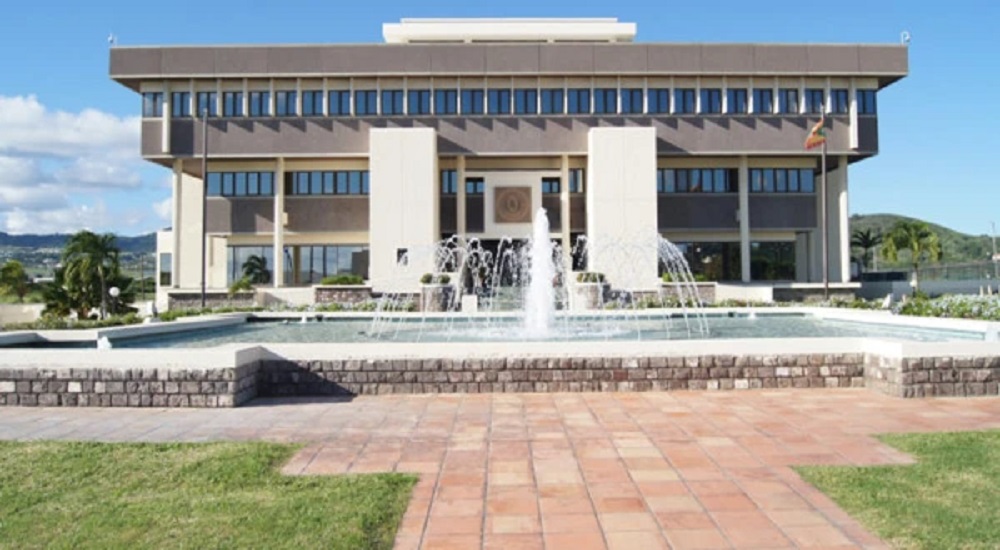
Eastern Caribbean Amalgamated Bank takes over the operations

The Eastern Caribbean Central Bank (ECCB) is reporting that Scotiabank has finally exited Antigua and Barbuda.
The move comes three years after the parent bank in Canada’s initial attempt to exit the Antigua and Barbuda market via a sale of the operations to a Trinidad banking entity, Republic Bank. The sale was however blocked by the authorities in Antigua and Barbuda.
The operations of Scotiabank in Antigua and Barbuda ended on Wednesday (September 1) and the Eastern Caribbean Amalgamated Bank (ECAB) will now include the previous Scotiabank branches in its operations after assuming responsibility for the local operations on that day.
In a statement the ECCB, which has supervisory responsibility for the banking sector in Antigua and Barbuda, advised that the former Scotiabank branches will remain open to the public, but ECAB will make decisions as to the future of these branches in the coming months.
Transition services agreement reached
The ECCB reported that the ECAB and Scotiabank are bound by a transition services agreement which facilitates the sharing of services for a 12- to 18-month period to ensure a smooth transition post acquisition. However, on September 3, some 80 per cent of the staff of ECAB reportedly took industrial action seeking higher compensation, leading to the closure of two branches.

The ECCB explained that the transfer of Scotiabank operations to ECAB was approved on June 29, in consultation with the ECCB Monetary Council.
In 2018, Scotiabank Canada announced the sale of various Caribbean assets in Guyana, St Maarten, Anguilla, Antigua & Barbuda, Dominica, Grenada, St Kitts-Nevis, St Lucia and St Vincent & the Grenadines to Republic Financial Holdings Limited of Trinidad & Tobago, in a deal worth US$123 million.
However, Antigua and Guyana both expressed reservations about the proposed acquisition, with Antigua and Barbuda authorities saying it would block the sale of the bank’s operations in that country.







Comments